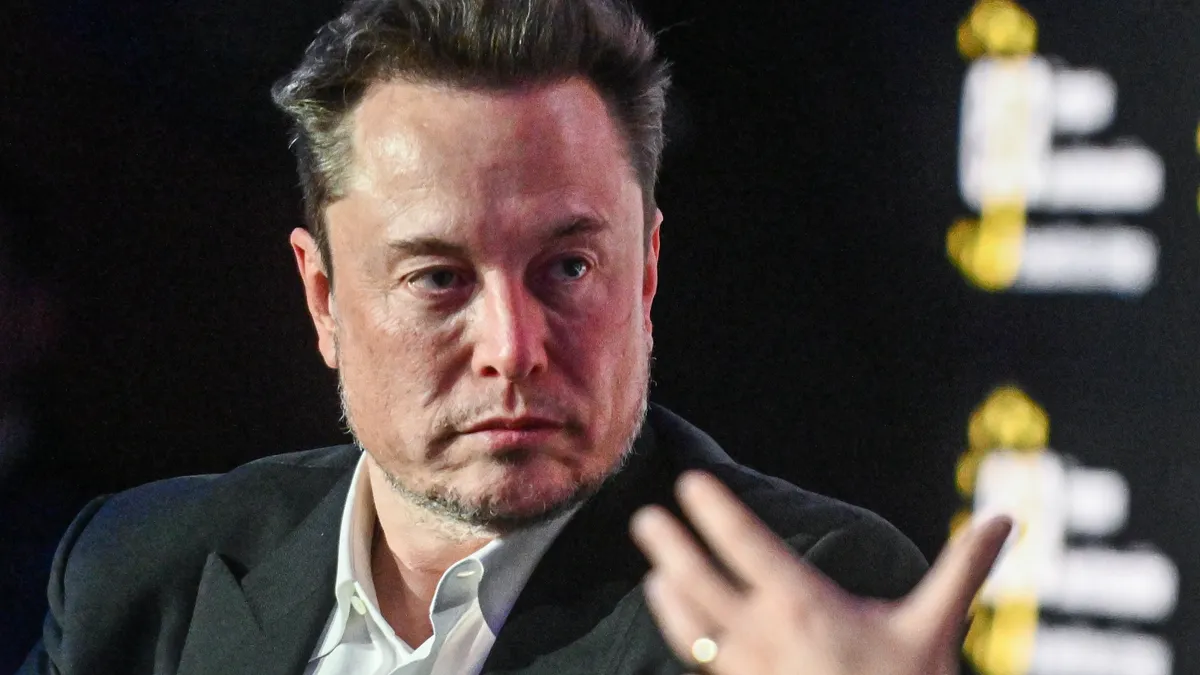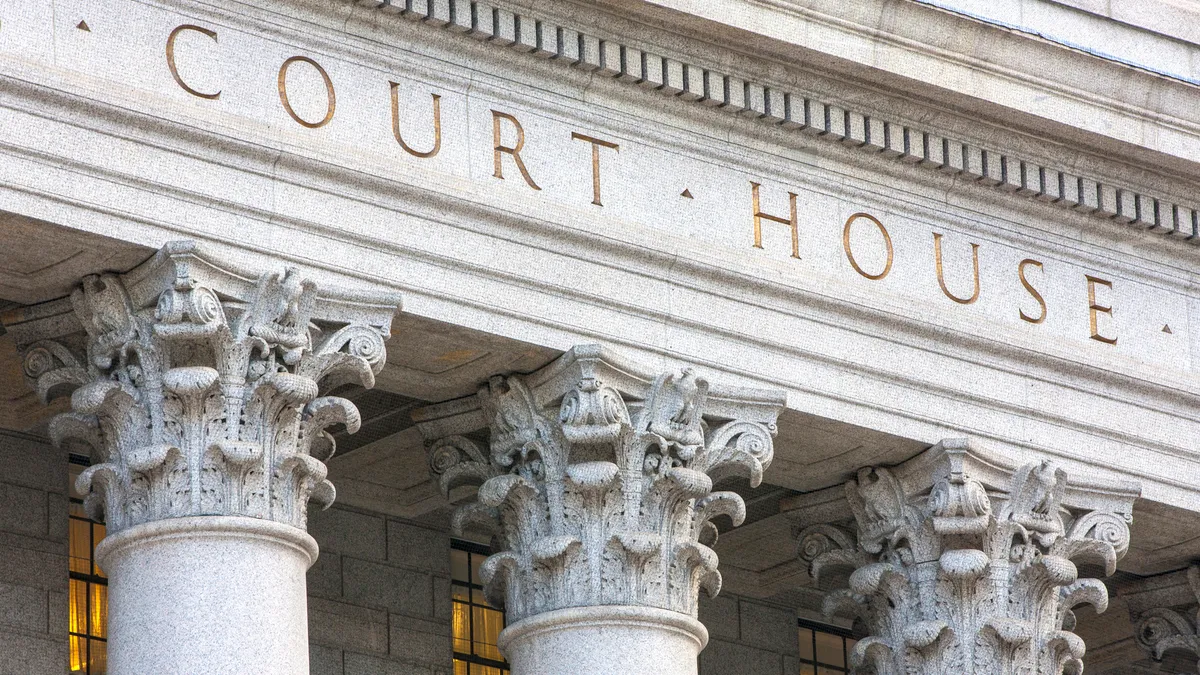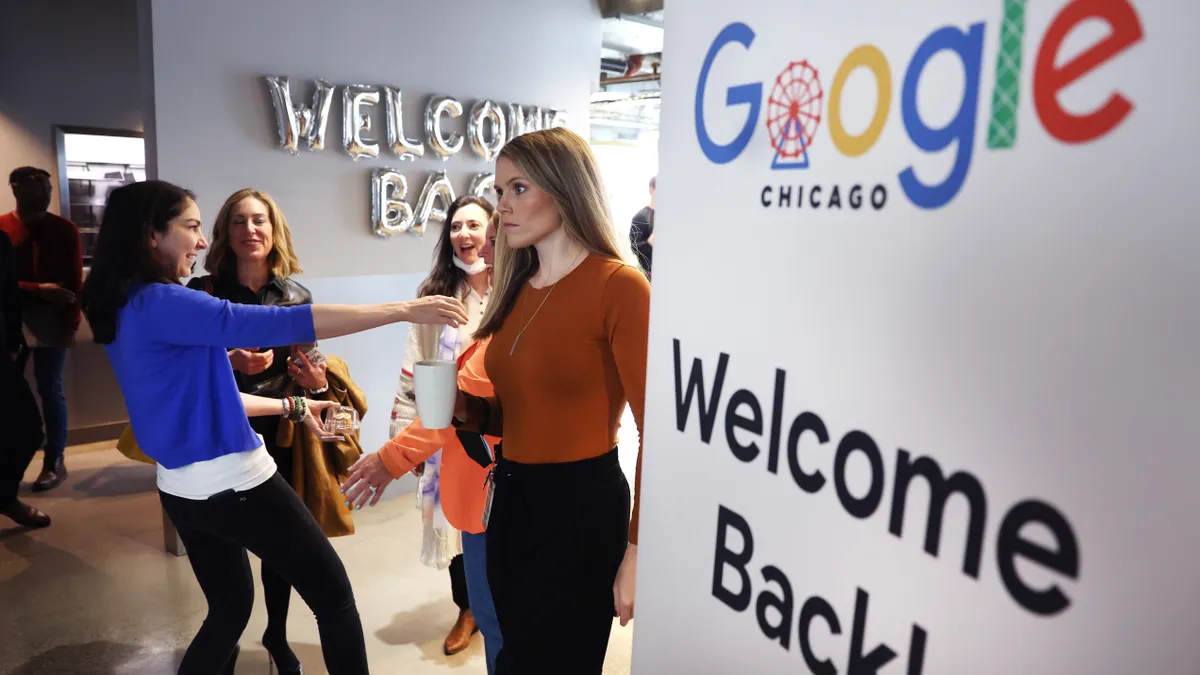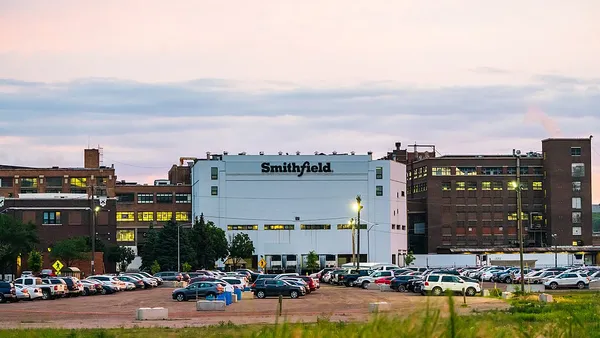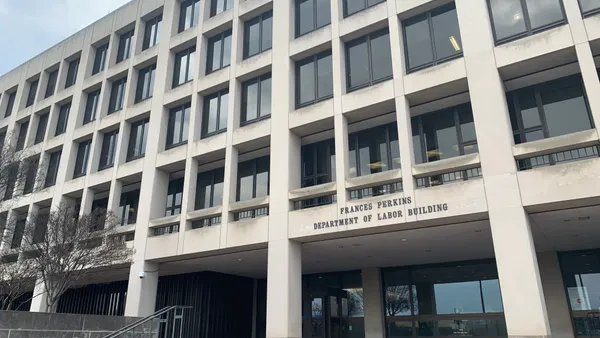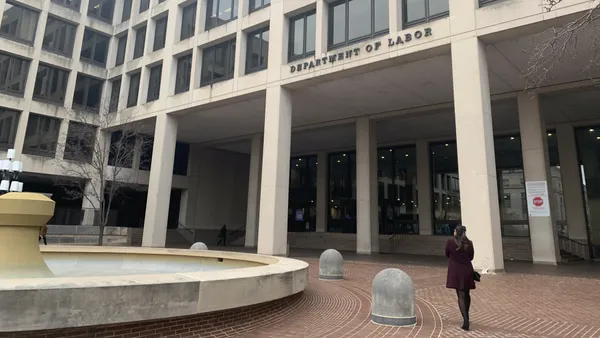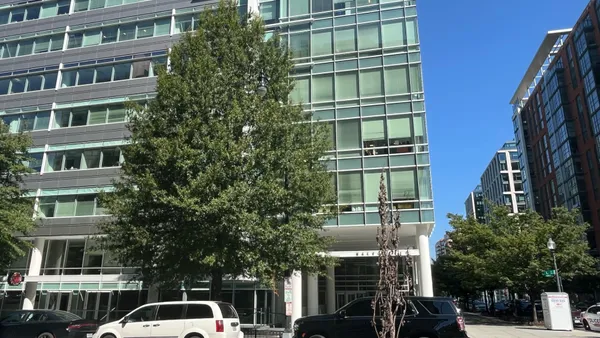Dive Brief:
- The National Labor Relations Board’s order requiring Tesla CEO Elon Musk to delete a tweet that implied employees would lose their stock options if they joined a union violated the First Amendment guarantee of free speech, a divided 5th U.S. Circuit Court of Appeals held Friday.
- In a 9-8 en banc decision, the court said Musk’s tweets are constitutionally protected speech and that deletion of private citizens’ speech “is not a remedy traditionally countenanced by American law.” Separately, the 5th Circuit vacated and remanded NLRB’s order that Tesla reinstate with back pay an employee whom it alleged Tesla fired because of the employee’s support for forming a union.
- Judge James Dennis wrote a dissenting opinion in which he said the decision was “light on law and facts” and that Musk’s tweet should be viewed as “akin to a company official issuing a press release to the public where anyone including employees may read the statement.” Dennis said that evidence supported NLRB’s conclusion that the tweet was a threat to unilaterally rescind stock options if employees unionized.
Dive Insight:
The decision is a significant legal victory for Musk, whose businesses have been the subject of multiple NLRB enforcement actions. The board first issued its decision finding that Musk violated the National Labor Relations Act in 2021.
The 5th Circuit majority assumed without deciding that the NLRA applies to speech on X, formerly Twitter, and that Musk’s tweet violated the NLRA, but it nonetheless held that the NLRB “is powerless to delete protected speech.” The court vacated NLRB’s decision and remanded it back to the board for further proceedings.
In 2020, NLRB issued a similar determination that Ben Domenech, co-founder and former publisher of conservative news outlet The Federalist, violated the NLRA by tweeting he would send employees “back to the salt mine” if they attempted to unionize. The 3rd Circuit overturned NLRB’s finding in that case, holding that the agency “misconstrued a facetious remark as a true threat.”
The 5th Circuit’s decision referenced NLRB’s dispute with Domenech, with the majority holding that the 3rd Circuit’s reversal similarly showed that requiring employers to remove speech that violated the NLRA would violate the First Amendment.
Dennis, on the other hand, wrote that the 3rd Circuit opinion actually supported NLRB’s position against Tesla, because Domenech’s tweet was “satirical [and] nonsensical” and The Federalist’s workplace lacked documented tension between labor and management. Dennis contrasted this situation with that of Musk, who advocated against unionization during an ongoing labor dispute at Tesla.
Tesla’s history of labor violations supported NLRB’s assertion that employees would view the tweet as a threat, Dennis said, even if, as Tesla claimed, the board lacked evidence that Tesla subjectively coerced employees in violation of the NLRA.
“In cases like this one, where employees participating in an active organizing campaign allege coercion based on a non-joking statement from an employer with a history of [unfair labor practices], courts have never required evidence of subjective employee coercion,” Dennis wrote. “I would decline Tesla’s invitation to be the first.”



